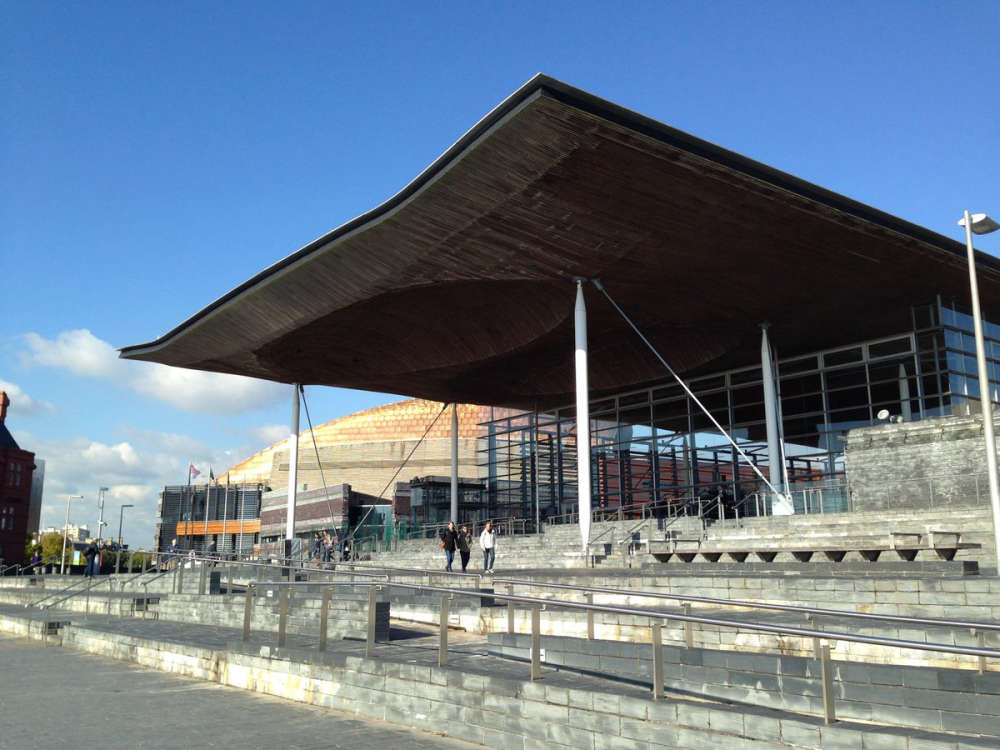
The Senedd Commission has unveiled plans for a 16% budget increase as preparations ramp up for an extra 36 politicians in Cardiff Bay from 2026.
The commission, which is responsible for support services and the Senedd estate, has today (September 27) published its £84.3m draft budget for next year.
It includes an extra £12.1m to cover costs including those associated with Senedd reforms, public-sector pay, upgrading lifts and IT, and replacing screens in the debating chamber.
The commission said the cash is required to deliver the biggest change since the dawn of devolution in 1999, with the 16.7% uplift supporting a 60% increase in Senedd members.
But the Conservatives criticised the “ballooning” costs of Senedd reform, describing it as the “wrong priority” while around one in five people in Wales are waiting for NHS treatment.
‘Bay 2032’
The 2025/26 draft budget includes a 9% increase in staff costs on the previous year, reflecting a 5% pay award in common with much of the rest of the public sector.
This includes a ring-fenced £456,000 to conclude 2024/25 pay negotiations with staff on lower pay, under £40,000 a year.
In the spending plans for the 12 months from April, £2m is allocated to the ‘Bay 2032’ project which is looking at options for offices as the clock ticks down on the current Tŷ Hywel lease.
Options thought to be on the table include building new offices, extending the lease, buying Tŷ Hywel or taking up a nearby property in Cardiff Bay.
An additional £900,000 – on top of the £1.8m allocated last year – would be spent on renovating the debating chamber, or Siambr, to accommodate more members.
Politicians are expected to move to Siambr Hywel in Tŷ Hywel, the red-brick building linked to the Senedd by glass walkways, while works are carried out.
This is where then-Assembly Members sat while the Senedd was under construction.
‘Under attack’
The Welsh Parliament’s corporate body is made up of the speaker or Llywydd, Elin Jones, and four Senedd members drawn from the main political parties.
Hefin David, the commissioner responsible for the budget, described Senedd reforms as an important step, pointing out that it was agreed by a two-thirds “supermajority”.
The Labour MS for Caerphilly said: “There are so many places across the world where democracy is under attack, so this is something Wales can be very proud of.”
Dr David argued the increase in the number of members will bring the Senedd in line with other devolved parliaments, enabling better representation and greater scrutiny.
He said: “This budget proposes a 16% increase in spending, to support a 60% increase in members, with every effort being made to minimise the cost to the public purse.
“It is important that we remain mindful of our own accountability and taxpayer value for money, whilst also balancing the need for an enhanced democratic system.”
‘Vanity project’
In the past two financial years, the Senedd Commission budget was reduced by a total of £750,000 while £800,000 was spent on cost-of-living payments for staff.
If passed, according to the draft budget, the anticipated uplift in Senedd reform-related costs for 2025/26 will be £3.9m – which is equivalent to a 5.3% adjusted increase on 2024/25.
The Conservatives’ Darren Millar reiterated his party’s opposition to Senedd reform, arguing Wales needs more doctors, nurses and dentists – not more politicians.
Mr Millar said: “The cost to taxpayers of Senedd reform is ballooning even before the full extent of Labour and Plaid Cymru’s plans for more politicians are implemented.
“Spending additional millions on this vanity project as NHS waiting lists hit six successive record-breaking months is the wrong priority.”
‘Value for money’
By comparison, the Scottish Parliament’s budget for 2024/25 is £135.6m – roughly £1m for each member – while the figure for Wales is about £875,000 a member.
The commission stressed that every effort has been made to ensure value for money.
A spokesperson said: “In the next two years, the Senedd will undergo the biggest change since it was established in 1999 – becoming a parliament of 96 MSs, with greater power to hold the Welsh Government to account, develop new laws and better represent the people.”
Senedd members will vote on the budget proposals in November. With around two-thirds supporting the reforms, the commission budget is likely to be agreed.
But, with parliamentary arithmetic otherwise on a knife-edge, first minister Eluned Morgan is expected to face a tougher time passing the Welsh Government’s budget early next year.
The Senedd Commission and Welsh Government both draw their funding from the Welsh consolidated fund which is paid into by the UK Government.
What are the Senedd reforms?
In May, Senedd members passed landmark legislation to increase the size of the Welsh Parliament and change its voting system from 2026.
Under the Act, the number of politicians will increase from 60 to 96 due to concerns that the small size of the Senedd leads to ineffective scrutiny of the Welsh Government.
For example, Swansea has more councillors at 75 than Wales has Senedd members.
The 32 constituencies used in July’s UK general election will be paired to create 16 for the next Senedd poll in 2026, with each returning six members.
Wales will move away from the current additional-member electoral system which uses a mix of first-past-the-post constituencies and regional party lists.
Instead, voters will have one ballot paper rather than two and future Senedd elections will use a full form of proportional representation.
Under the new “closed-list” system, people will vote for political parties rather than individuals and parties will control the order of candidates on lists.




 Vale line closes for engineering works
Vale line closes for engineering works
 Freedom of the Vale for RNLI volunteers
Freedom of the Vale for RNLI volunteers
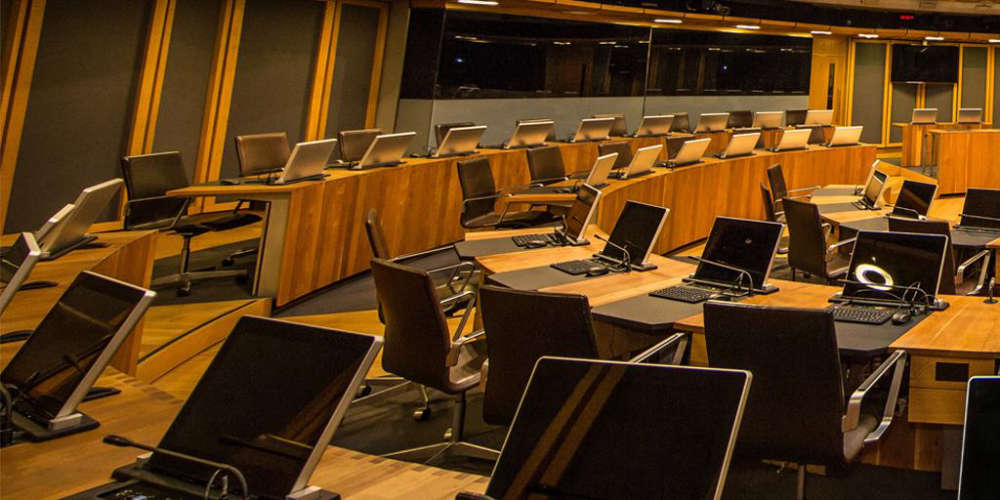 Senedd moving out of Siambr
Senedd moving out of Siambr
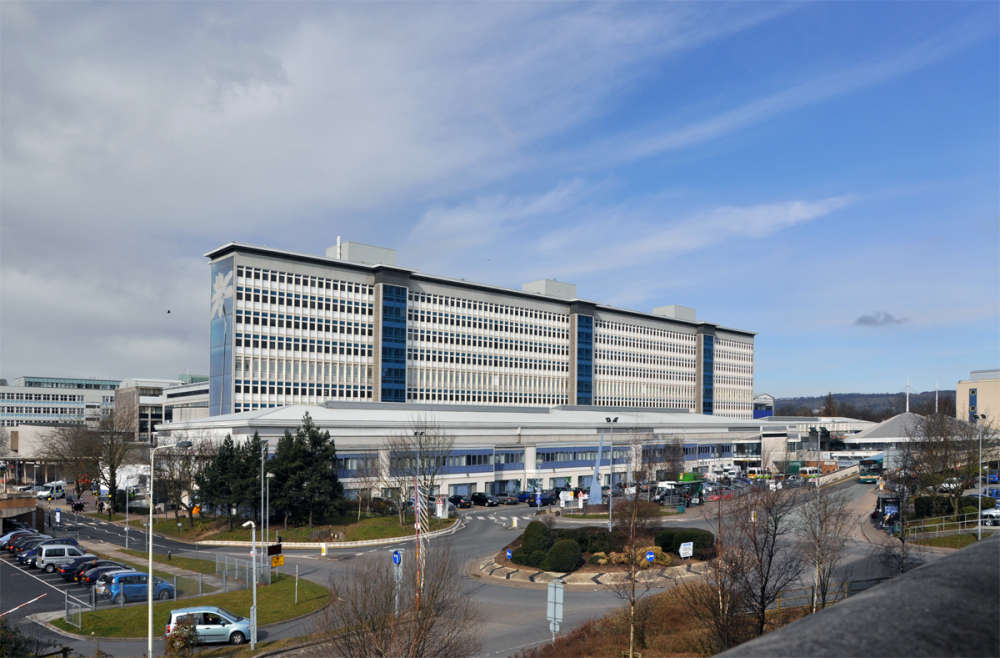 Norovirus: hospital pressure 'exceptional'
Norovirus: hospital pressure 'exceptional'
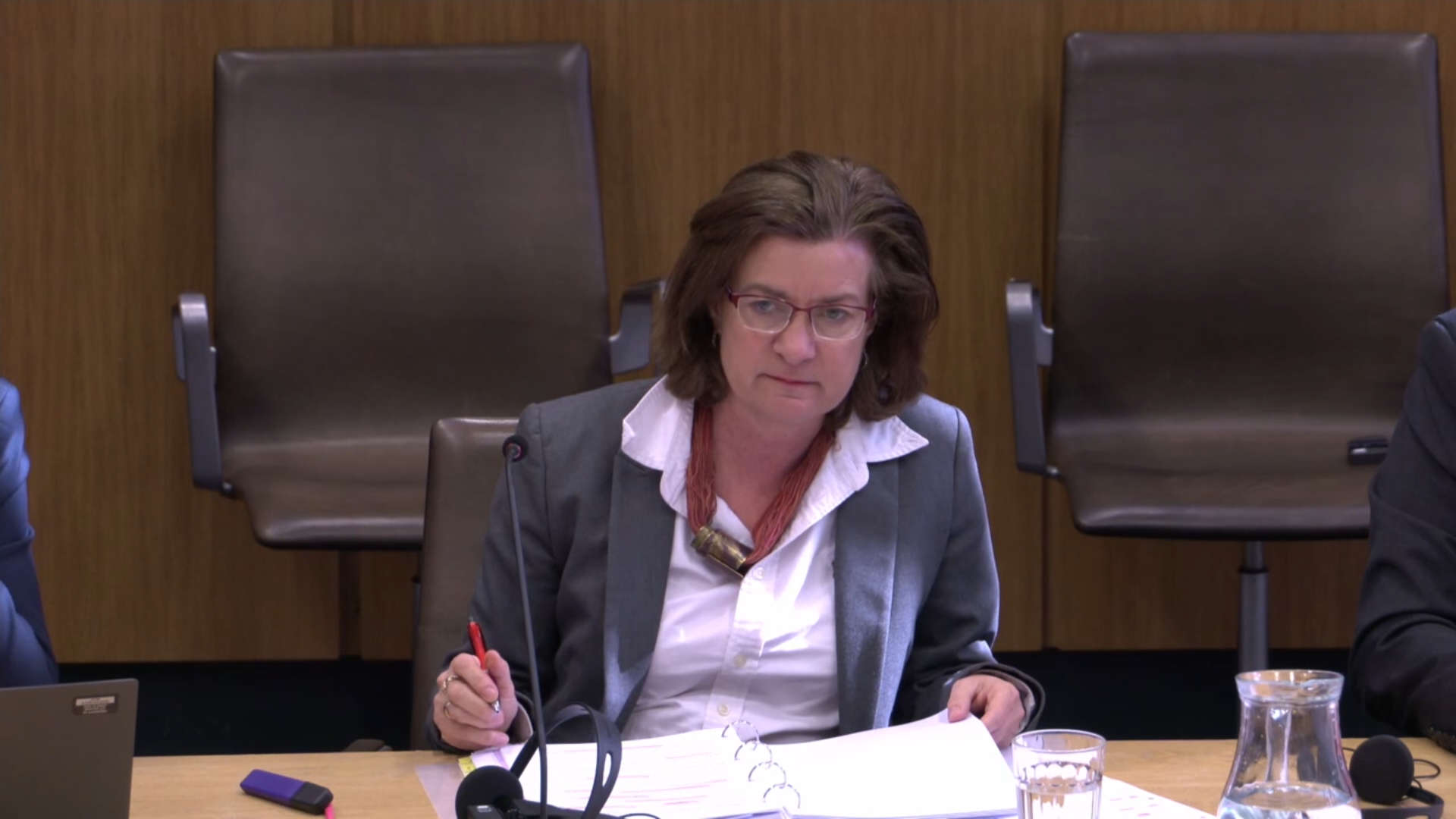 Morgan grilled over £4.8bn benefit cuts
Morgan grilled over £4.8bn benefit cuts
 Barry Bike Club to return
Barry Bike Club to return
 St David bravery award for Penarth lifesaver
St David bravery award for Penarth lifesaver
 Ruth Jones honoured with St David Award
Ruth Jones honoured with St David Award
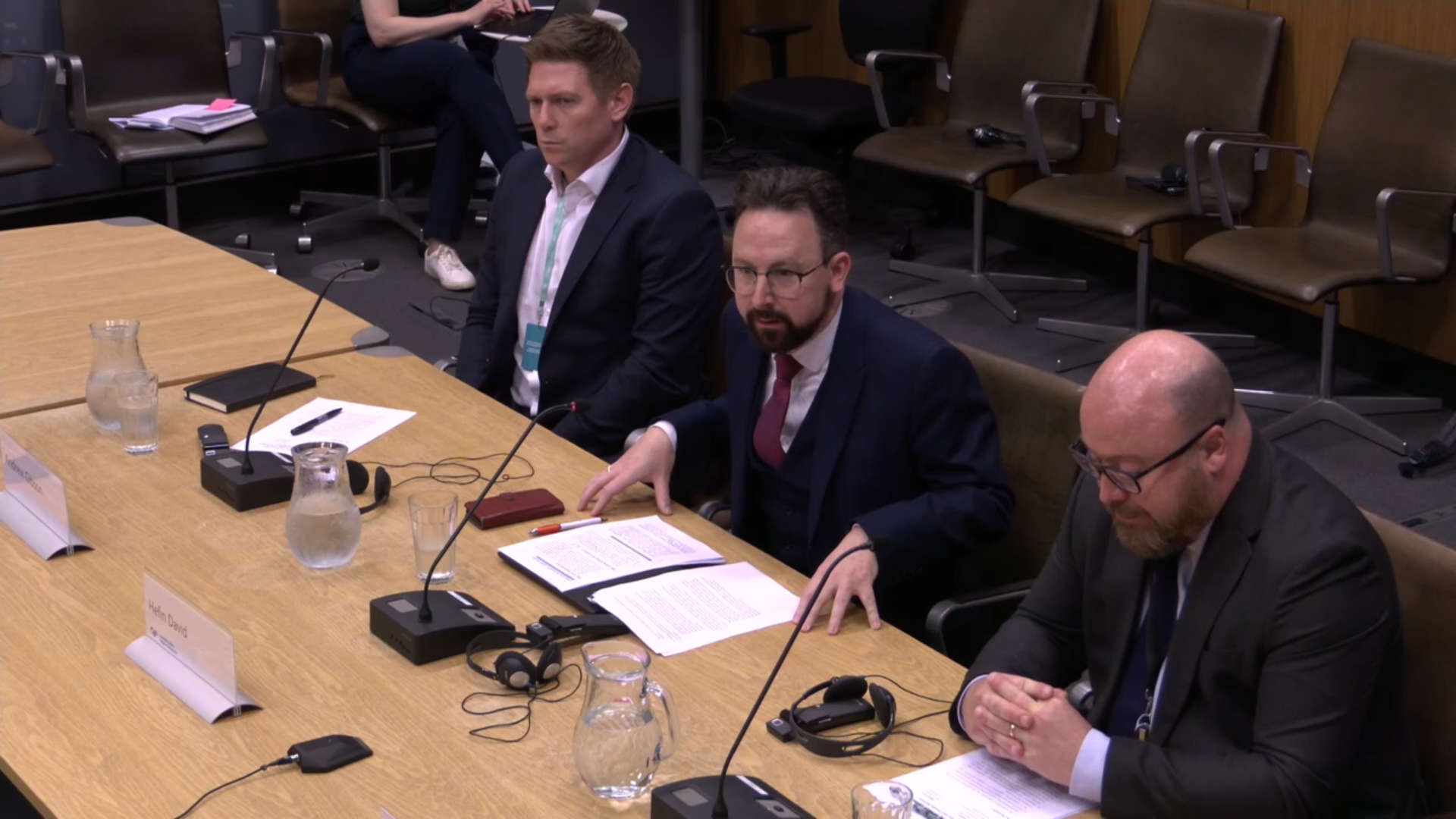 Plans for ‘crumbling’ Senedd offices face scrutiny
Plans for ‘crumbling’ Senedd offices face scrutiny
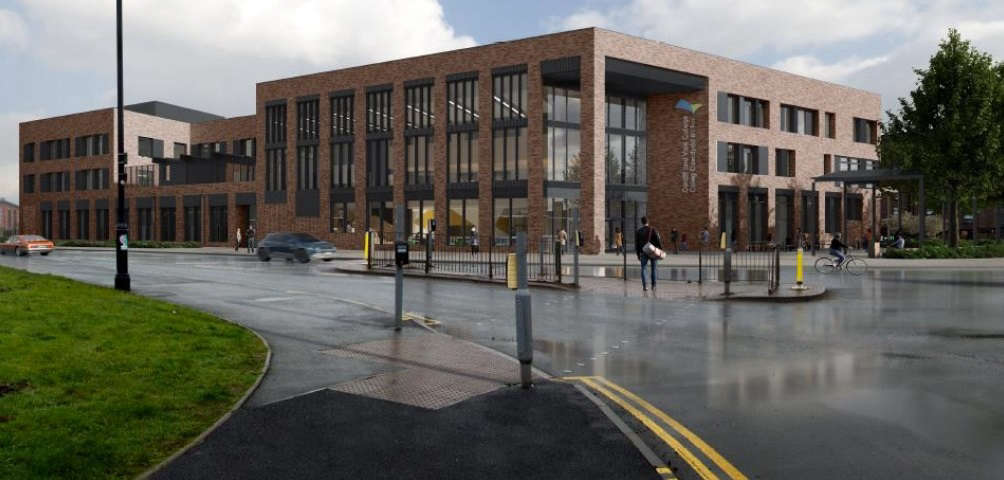 Work to start on new Vale campuses
Work to start on new Vale campuses
 Barry Company launches world's first edible soap
Barry Company launches world's first edible soap
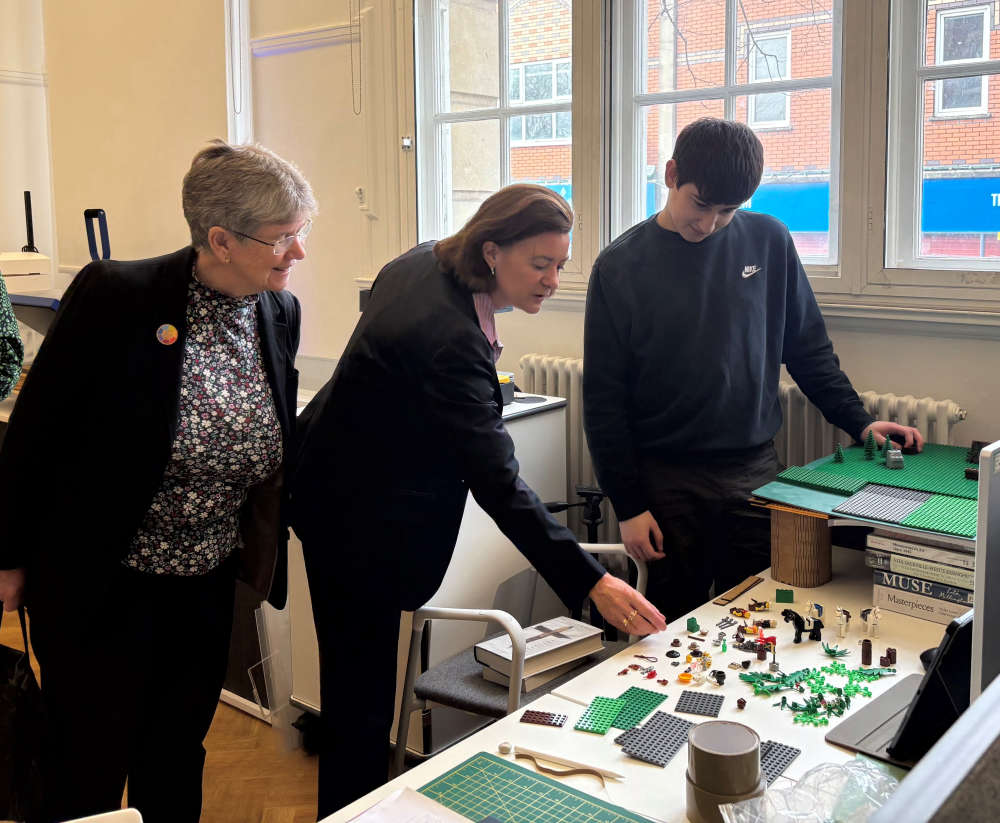 First Minister visits Barry Makerspace
First Minister visits Barry Makerspace
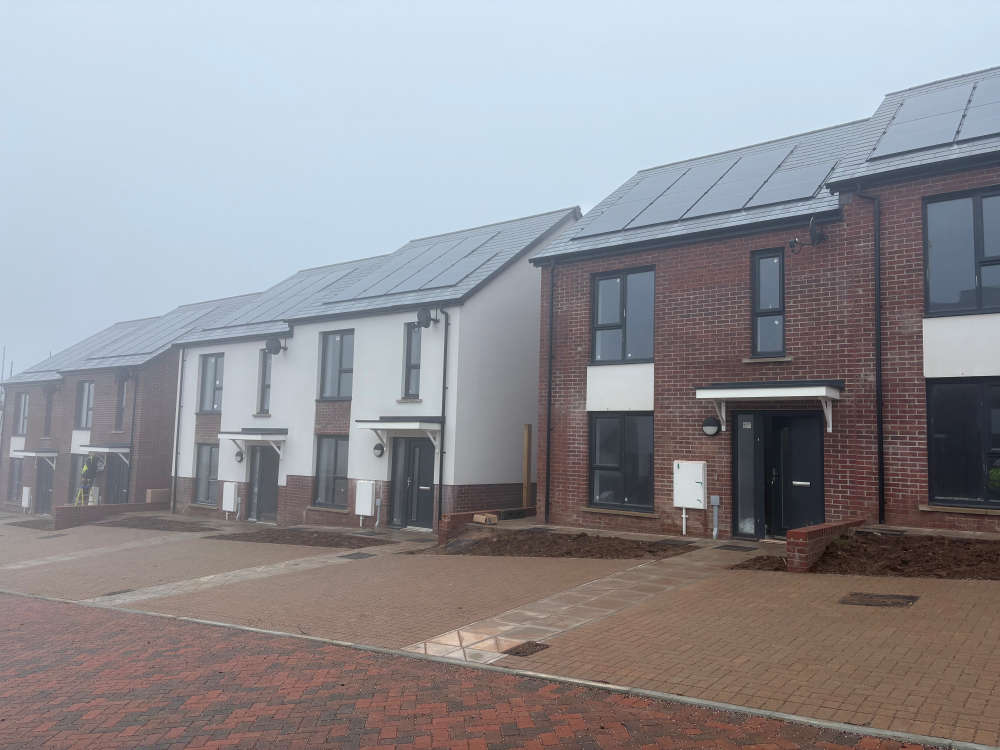 Council's housing waiting list grows again
Council's housing waiting list grows again
 Cardiff Airport's chief exeuctive quits
Cardiff Airport's chief exeuctive quits
 Norovirus: hospital visitor ban extended
Norovirus: hospital visitor ban extended
 Littering on the increase, charity warns
Littering on the increase, charity warns
 Hot Chicks – 'powerfully performed yet disappointingly stereotypical'
Hot Chicks – 'powerfully performed yet disappointingly stereotypical'
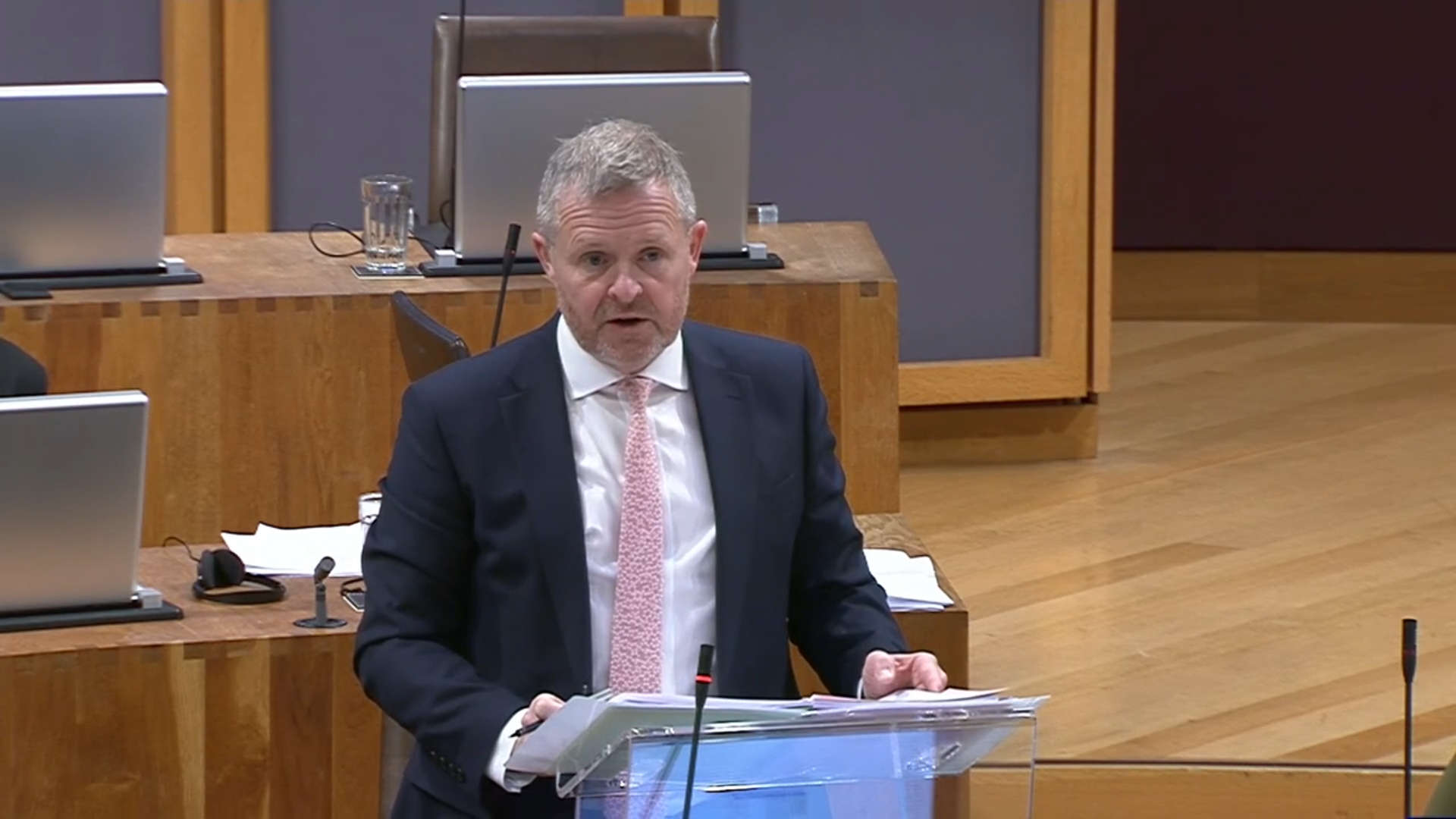 Unhealthy meal deal ban passes by one vote
Unhealthy meal deal ban passes by one vote





